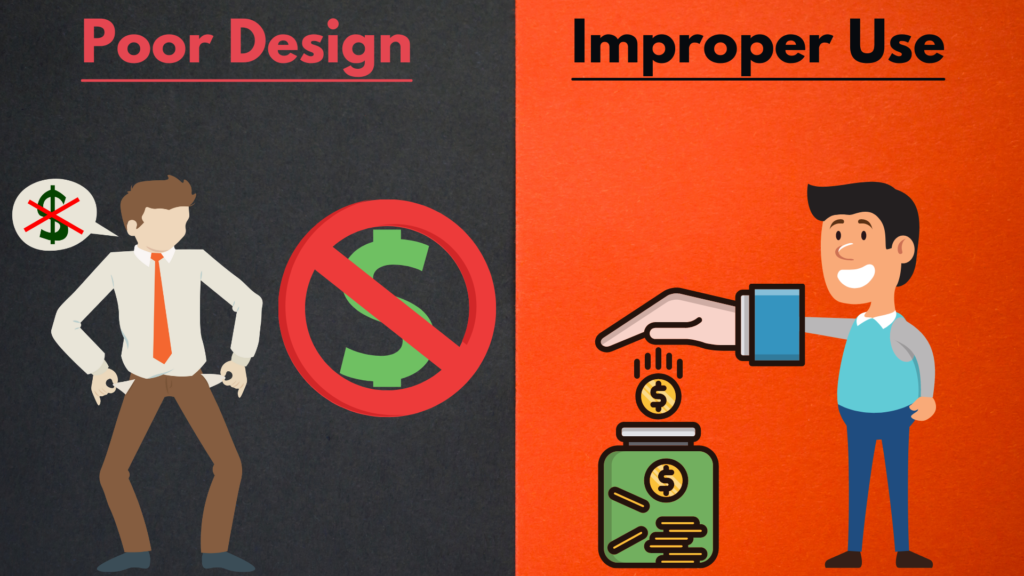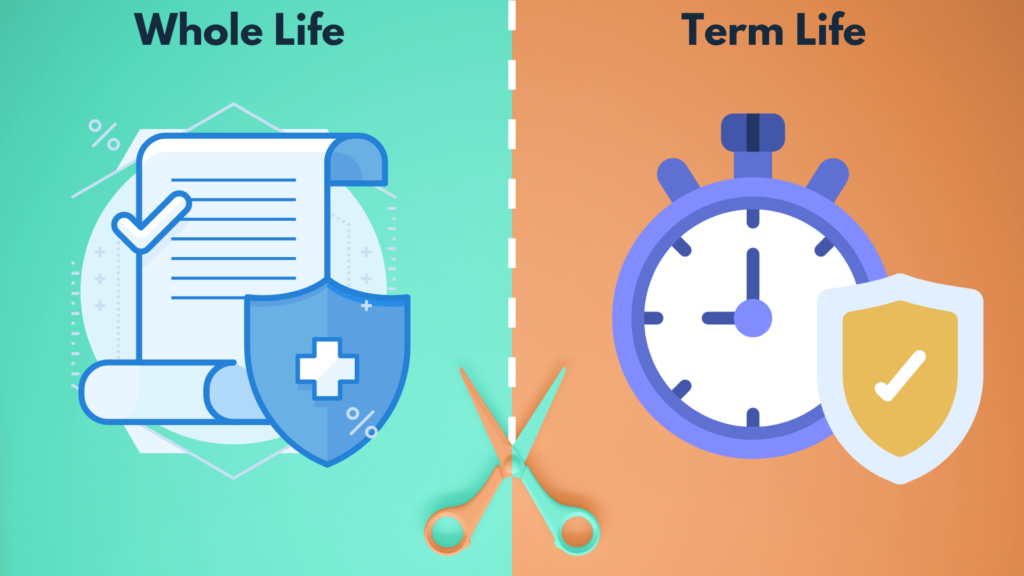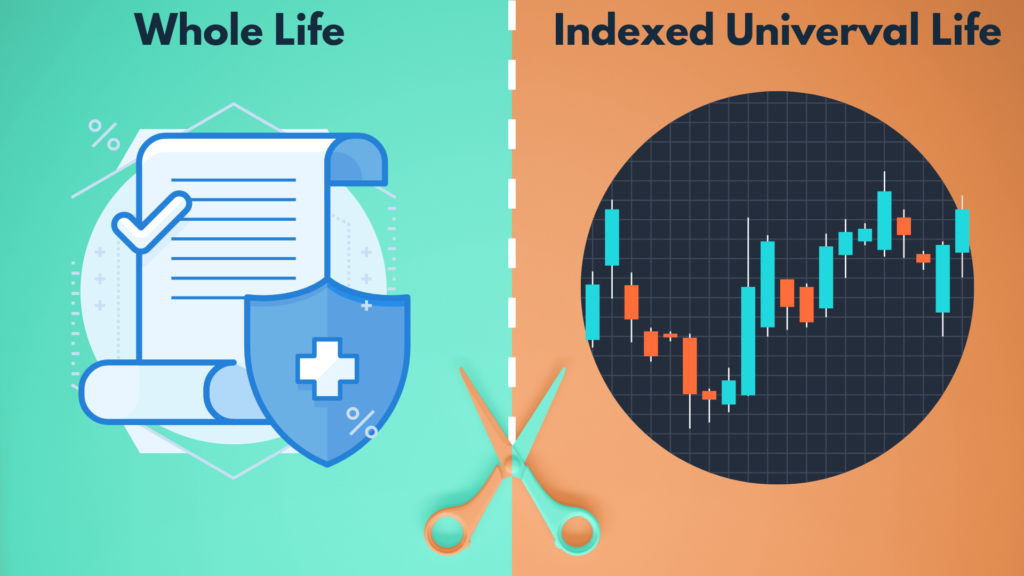Common Misconceptions
Why Whole Life Insurance Gets a Bad Rep


Whole life insurance sometimes gets a bad rep because of the following:

Most policies are poorly designed and do not optimize the cash value. Whole life insurance is criticized as an opportunity cost for the average person, however, savvy investors will know how to leverage the cash value to grow and maintain businesses and other investments.
Whole Life vs Term Life
Term life insurance is the better option if you were looking to purchase only a death benefit.

However, term life insurance can not be used for Infinite Banking. Term is cheaper because it does not accumulate cash value that you can take loans from. The reason why whole life is more expensive is because part of your premium goes towards the cash value.
Whole Life vs Indexed Universal Life (IULs)
IUL’s are relatively new compared to Whole Life and have been heavily pushed by life insurance companies. So which is best option for Infinite Banking?

- Guarantee dividend rate always exceeds the insurance expenses
- Premiums are level throughout
- Consistent, year over year returns
- As the policyholder gets older, cost of coverage increases
- Less control, life insurance company has the ability to adjust expenses and the cap and floor rates.
- Higher potential earnings (tied to S&P), however no historical proof that IULs have outperformed Whole Life
Banks and corporations stick with whole life insurance because it’s based on actual guaranteed returns and not historical average returns.
Stock vs Mutual Insurance Companies
There are two types of insurance companies, stock and mutual.
For infinite banking, it’s important to obtain a policy from a mutual insurance company because the policyholder (you), benefits when the company profits.
Getting an IBC Policy for Your Child
When taking a life insurance policy on a child, there are limitations to consider:
- The insurance company will set the max amount of death benefit to 50% of the parent’s total death benefit, creating a significantly smaller MEC limit.
- Since minors don’t have to go through underwriting/medical exams, they will get lumped into a juvenile health-rated class that is sort of like group health insurance. This can delay the cash value break-even point 1-2 years compared to an individually underwritten policy of a 30, 40, 50, or 60 year old.
Considering these limitations, it’s more efficient to grow the cash value in an individually written policy than transfer the wealth to the minor.
Does Age Matter When Starting a Policy?
The advantage for the 20 year old will be the ability to have the cash value grow longer.
Between a 20 year old and a 60 year old funding the same amount into a policy, there will be drastically different death benefits, but a similar cash value break-even point and cash available.
FAQs
After you originate the policy, most companies will have apps or online access to see your cash value, amounts owed, and to take loans from. In most cases, you will call into a general customer service (who are very helpful) to execute payments, loans, or withdrawals.
Where the agent is important is designing the policy for you in terms of liquidity/returns/other policy riders. And most importantly what separates two agents selling the same policy from the same company is the commission assessed. For Simple Passive Cashflow clients we work with our vendors to drive commissions down because our clients originate huge policies ($50-$250k a year). We want to make you happy within the SPC Ecosystem of investments. Most of the early clients choose to get other quotes from other vendors and found that was a waste of time because we always beat them on pricing (assuming it’s from a top rated high quality insurance company).
